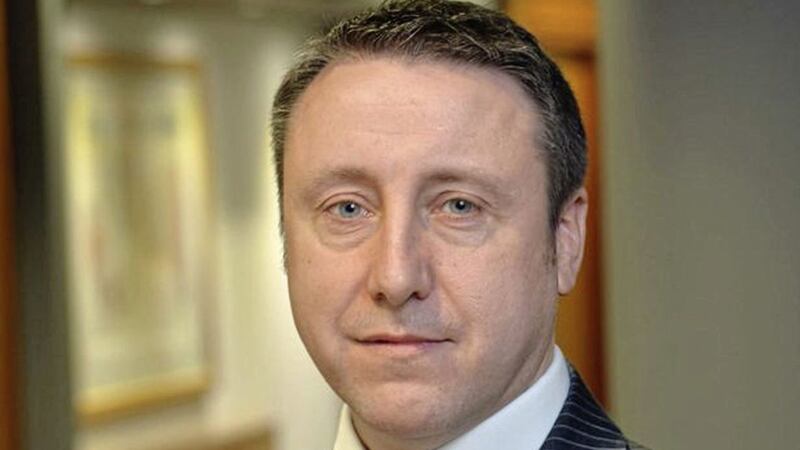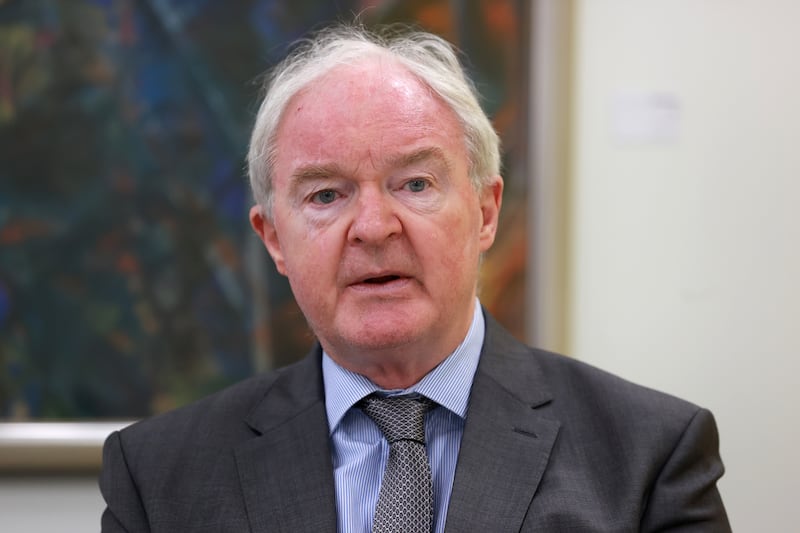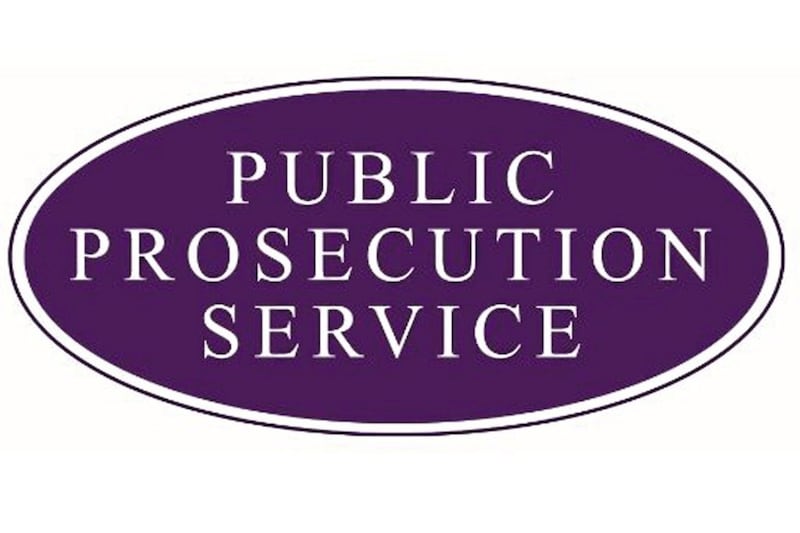PROSECUTORS are now taking an average of eight months to make a decision on the most serious cases sent by police - 43 more days than last year - according to the PPS's own statistics.
The Public Prosecution Service yesterday revealed the rise from 201 days in 2017/18 to 244 last year for indictable (crown court) prosecution decisions - just seven months after inspectors warned that the criminal justice system is failing victims of sexual violence and abuse crimes time and time again.
PPS director Stephen Herron insisted he is "committed to significantly improving the time taken to deal with serious crimes as part of a wider ongoing transformation programme".
The 2018/19 Statistical Bulletin shows a 0.6 per cent overall increase in the number of decisions taken to prosecute, with a 19.9 per cent increase in `indictable prosecution decisions', which are more serious offences dealt with by the crown court.
Of the 50,336 prosecutorial decisions taken, the `test for prosecution' was met in just over two-thirds of cases, with 30,898 prosecuted and 3,566 sent for `diversion from the courts', such as youth and restorative justice.
In 15,872 decisions for no prosecution, 96.9 per cent did not pass the evidential test, with the remainder not deemed in the public interest.
Crown court conviction rates remain relatively stable at 84.4 per cent compared with 84.8 per cent in 2017/18.
In November, Criminal Justice Inspection Northern Ireland chief inspector Brendan McGuigan criticised the time taken by the PPS to decide whether to proceed with a charge as "simply unacceptable".
A PPS spokeswoman said yesterday: "As this report shows, serious casework remains at a high level. It is also increasing in complexity.
"The volume and type of evidential material that needs to be considered in a criminal case has changed exponentially so when it comes to digital material which is an ever increasing feature in sexual offences, fraud and drug cases.
"This stretches finite resources right across the justice system."
There were also 29,155 defendants dealt with in the magistrates and youth courts - an increase of 3.9 per cent on 2017/18, with conviction rates 81.1 per cent, which was a slight improvement on 80 per cent last year.
Mr Herron welcomed the "detailed analysis" provided by the bulletin, which "assists us in analysing our performance and forward planning".
"The maintenance of high outcome rates is significant when set against the demands of dealing with sustained levels of the more serious and complex casework."
He praised staff for their "high-quality and dedicated work", noting the rise in the number of investigation files submitted to PPS "in 10 out of the 12 offence types... including offences in the violence against the person, sexual offences and drugs offences categories".
"We are very aware that crimes such as these often involve trauma to victims and we are committed to working closely with a wide range of representative groups and agencies to ensure that all possible supports are available at the right time through the prosecution process."
"A major focus of this work is also reducing avoidable delay, which is a complex issue requiring close partnership working between criminal justice stakeholders."







